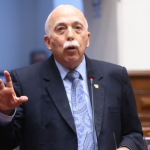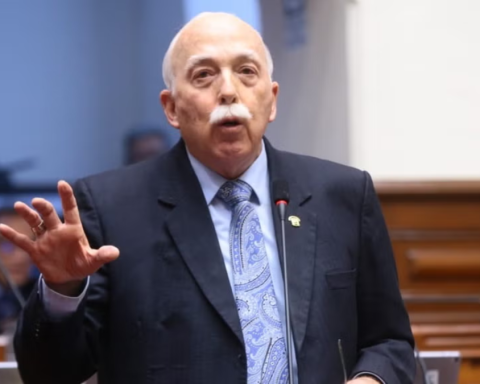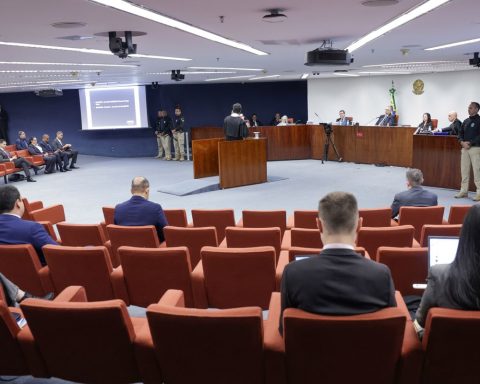The initiative was highlighted by the president of the organization, Juan Pablo Delgado, on September 27, who, in a dialogue with the Presidential Communication, highlighted the coordination with the Rocha Intendancy, which donated the land, and the mayor’s office of that jurisdiction, to finalize the launch of the project, unprecedented in the locality. A total of 50 homes with between one and four bedrooms will be built.
Also participating in the launch were the Undersecretary for Housing and Territorial Planning, Tabaré Hackenbruch; the mayor of Rocha, Alejo Umpiérrez, the mayor of Chuy, Eduardo Calabuig, and national legislators.
Delgado said that the plan will be developed in a property of more than two hectares, donated by the administration through the Departmental Board.
“Here there are no beneficiaries but participants,” said the hierarch, in the sense that the families will accompany the construction process, together with the officials of the institution.
He also reported that in this case a public call will be made to which interested parties can register between October 11 and 14. In addition to people alone or with dependent minors, those who have lived in the town for at least five years can register.
Hackenbruch, meanwhile, highlighted the inter-institutional work with the mayor’s office and the administration. “They are our partners at work,” he said, regarding land use planning and housing construction.
He assured that the Government is trying to reduce the number of settlements, which, when assuming the mandate, were about 650. “At the level of settlements, we are going to invest more than 480 million dollars in this five-year period, it is the largest investment in the history of Uruguay ” , he asserted.
In his turn, Umpiérrez indicated that the project in Chuy was carried out because the Law of Urgent Consideration (LUC) No. 19,889 raised the minimum limit of inhabitants as a condition for Mevir’s intervention. The departmental chief stressed that various state agencies will coordinate actions to meet the needs of the local population.


















